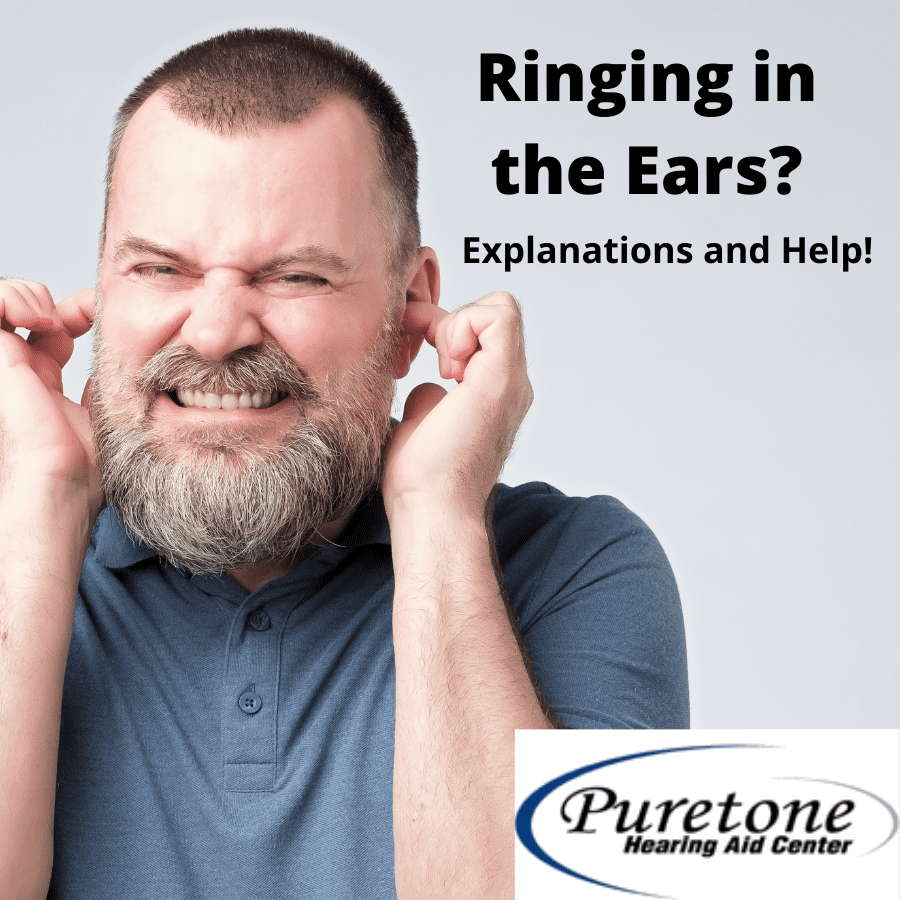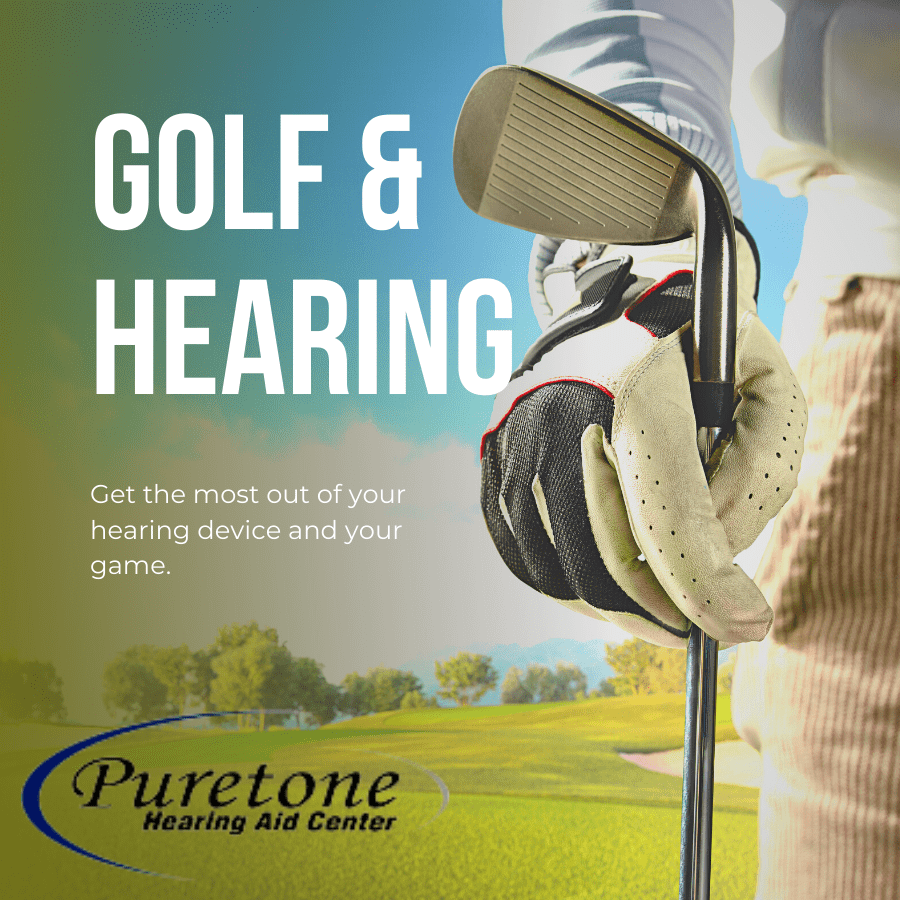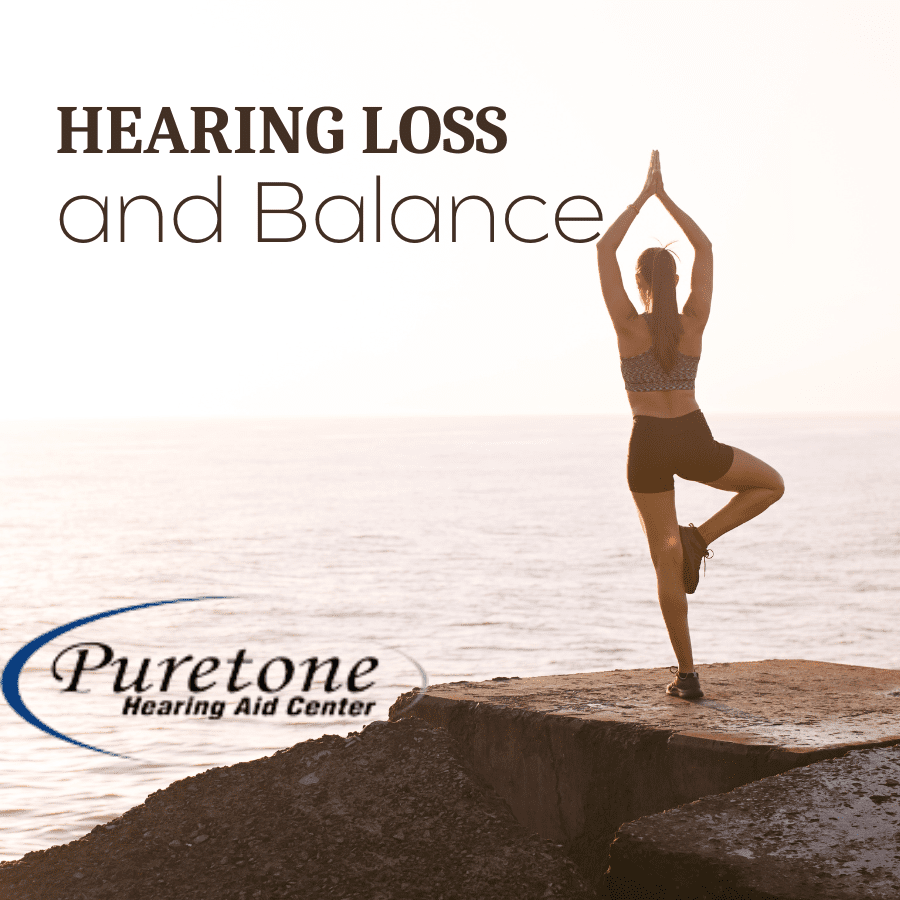
Use our Checklist – Identify Whether You’re Experiencing Hearing Loss and/or Cognitive Decline
Hearing loss is a common problem experienced by people of all ages, but it is not a disease. There are several causes of hearing loss, like age, hereditary factors, noise exposure, infections, etc. Cognitive decline is a condition where the brain loses its ability to function. It is mostly associated with aging, dementia, and Alzheimer’s disease. People experience hearing loss and cognitive decline at the same time, but this is not common. Some people may mistake one for the other. What Is Hearing Loss? Hearing loss is a medical condition that occurs when the ears do not work properly. This means that you are unable to hear sounds that are around you. The hearing loss may be mild, moderate, or severe. Use this checklist – Causes of hearing loss include: • Noise • Aging • Earwax buildup • Infection • Injuries to the ear • Anemia • Birth defects • Meniere’s disease • Otosclerosis • Sinusitis • Trauma to the head • Tinnitus • Vitamin B12 deficiency • Vascular disorders • Virus infections • Other What Is Cognitive Decline? Use this checklist. There are several causes of cognitive decline, but the most common are: • Alzheimer’s disease • Dementia • Brain injury • Mild cognitive impairment • Depression • Anxiety • Stroke • Brain tumor • Huntington’s disease • Parkinson’s disease • Alcoholism • Drug abuse • Head trauma • Osteoporosis • Cardiovascular diseases • Other What Are the Symptoms of Hearing Loss and Cognitive Decline? The symptoms of hearing loss may include: • Trouble understanding what others are saying • Difficulty hearing in noisy environments • Having a hard time hearing the phone ring • Having trouble hearing conversations • Not being able to hear speech in loud places • Having a hard time hearing the television • Not being able to hear a favorite song • Not being able to hear the television or radio • Difficulty hearing family member • Hearing loss may not be noticed until the person is older. If you notice any of these symptoms, please seek help. How Can You Tell If You, or a Loved One, is Experiencing Hearing Loss and/or Cognitive Decline? You may be experiencing hearing loss and/or cognitive decline if you: • Have difficulty hearing in noisy environments • Have trouble hearing conversations • Have a hard time hearing the phone ring • Hear the television or radio better than you used to • Hear a favorite song better than you used to • Have trouble hearing family members • Have a hard time hearing the television or radio Conclusion If you notice you checked a few or a number of issues related to hearing loss, cognitive decline, or both you are not alone and there are options for you. Contact us today to address your hearing loss needs and concerns.








